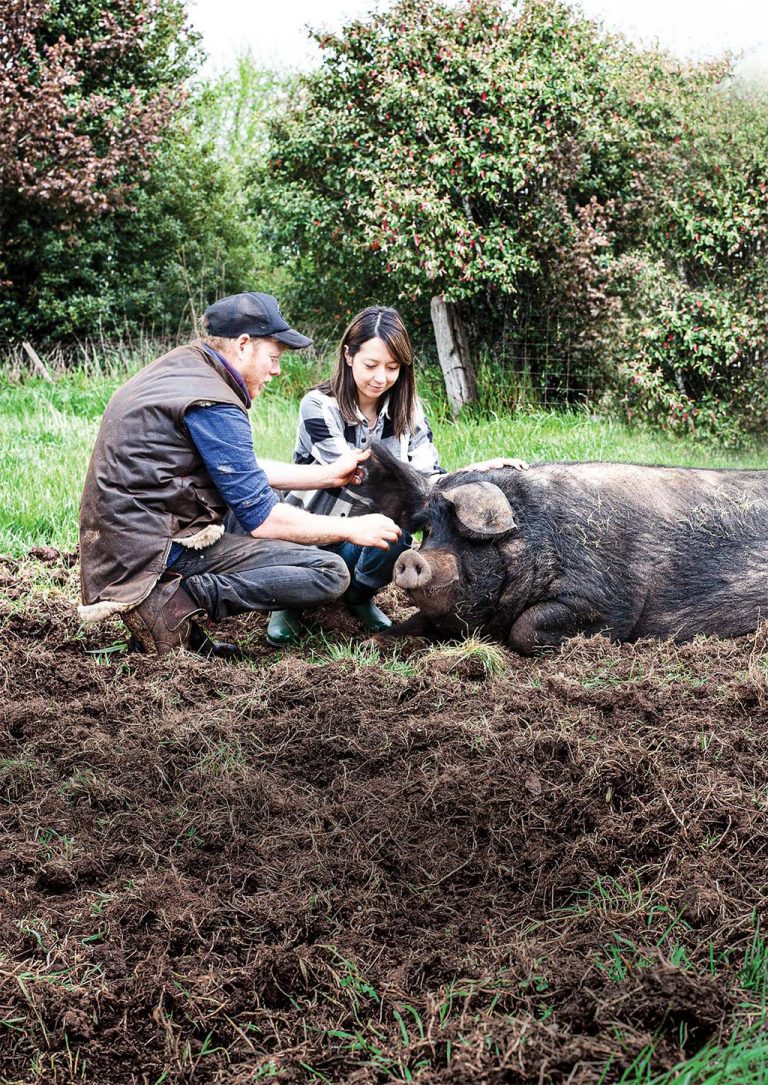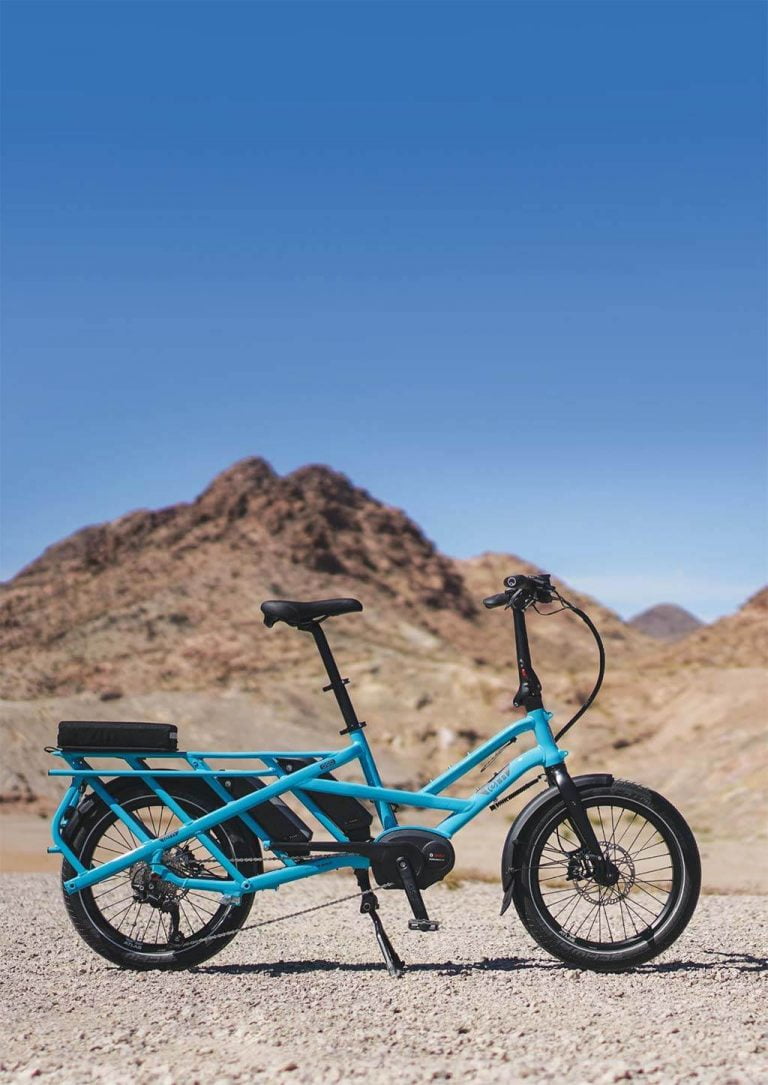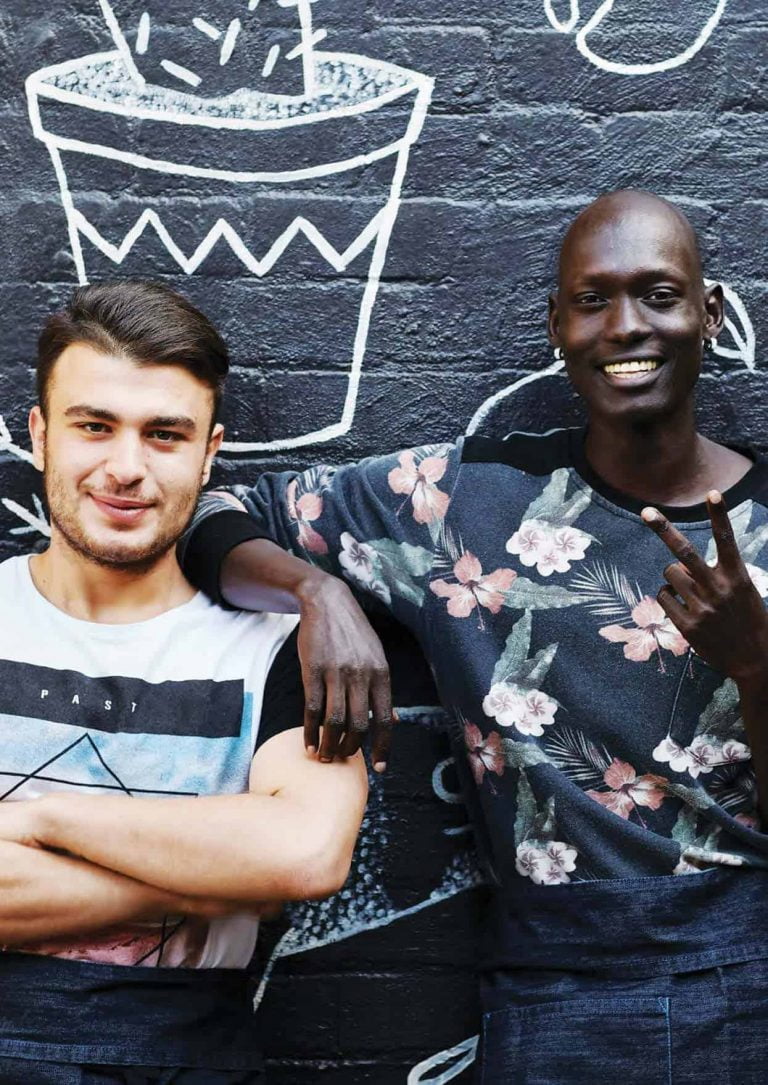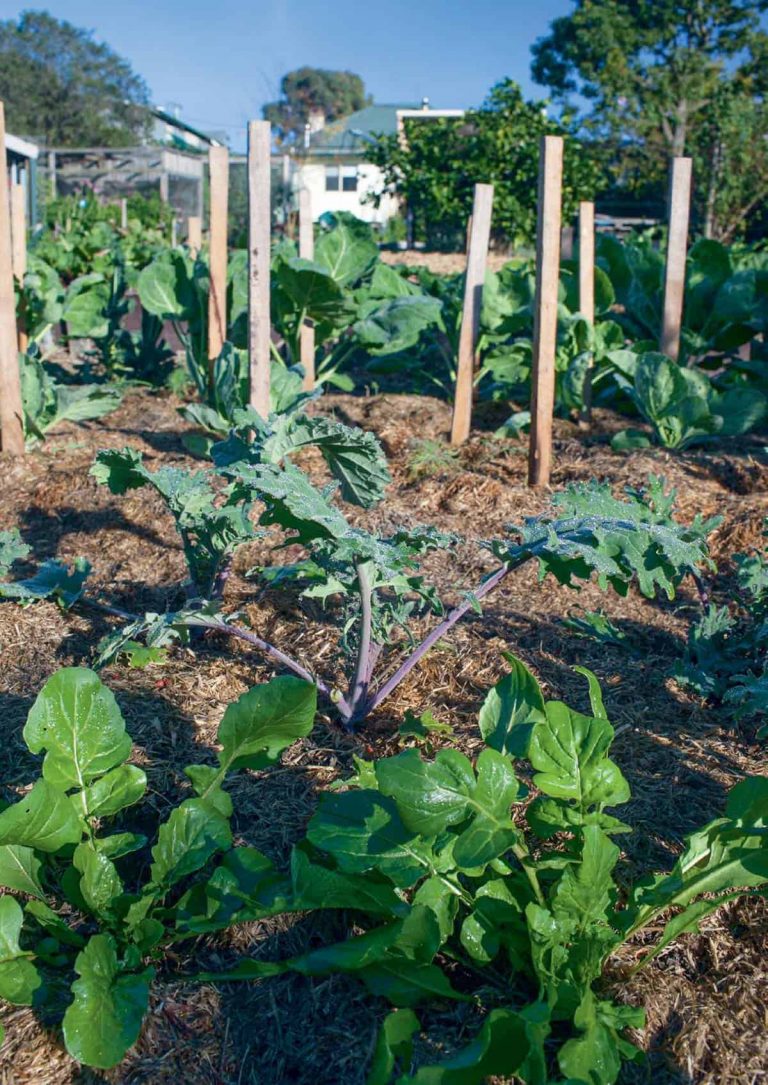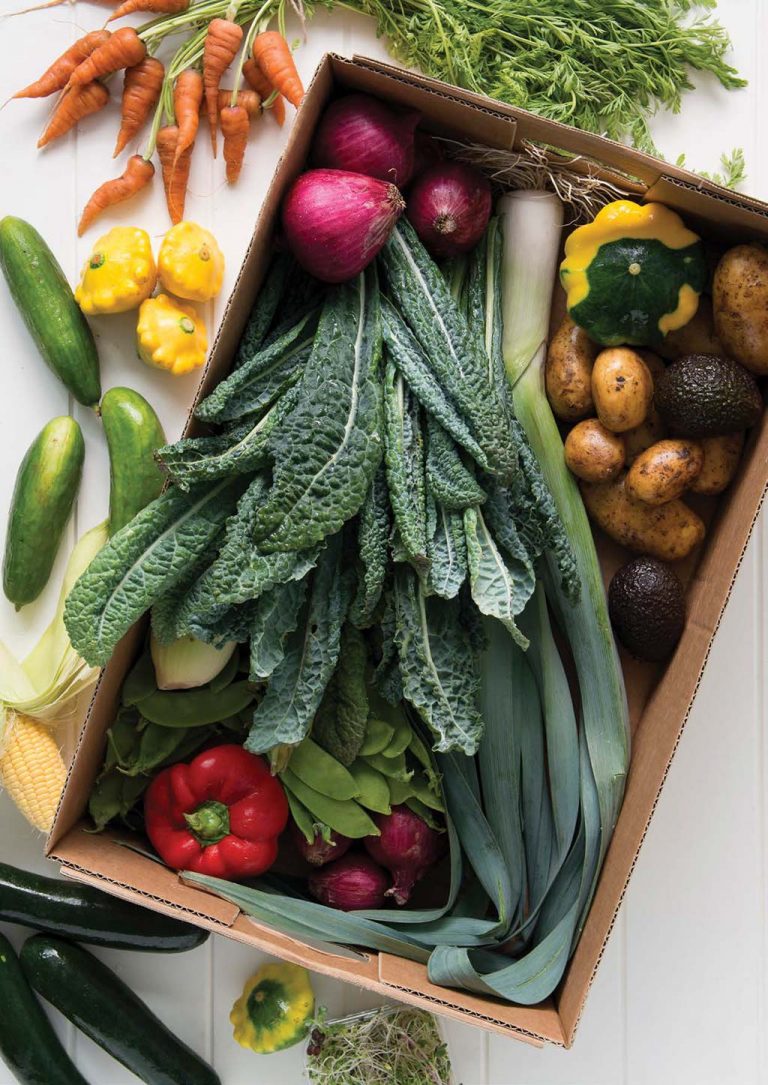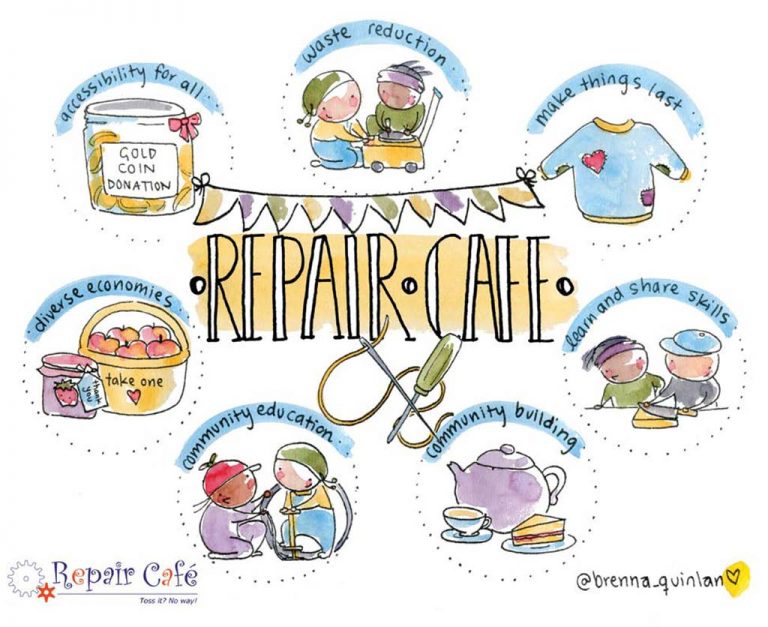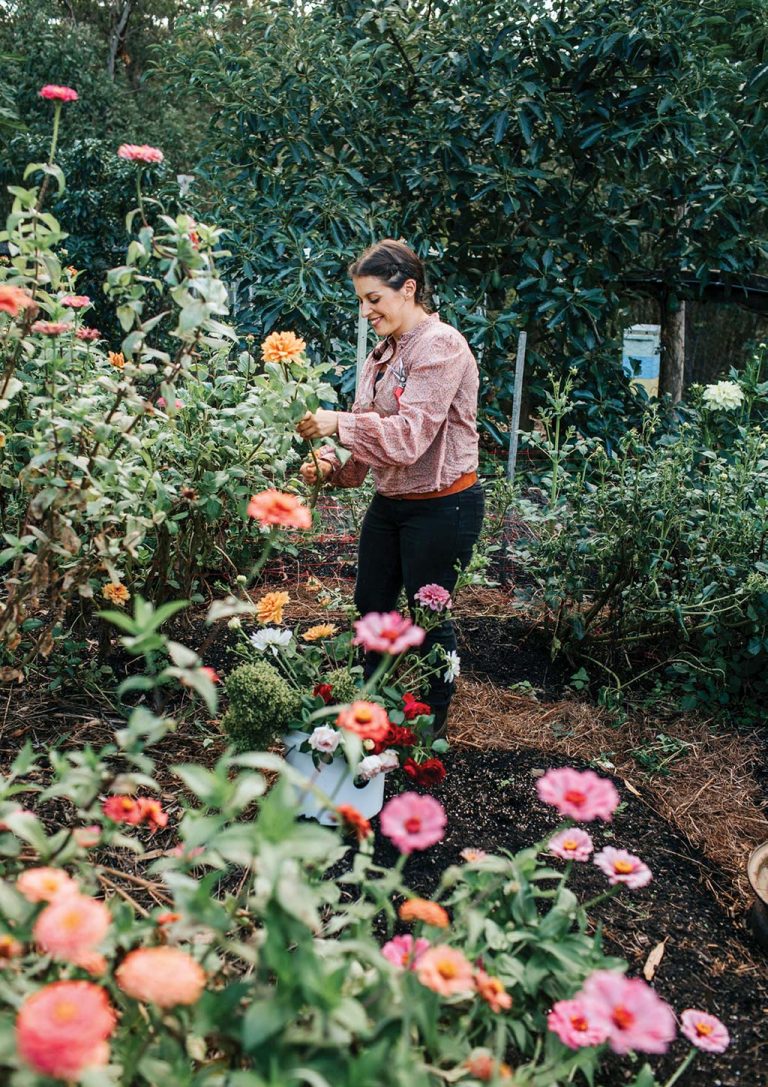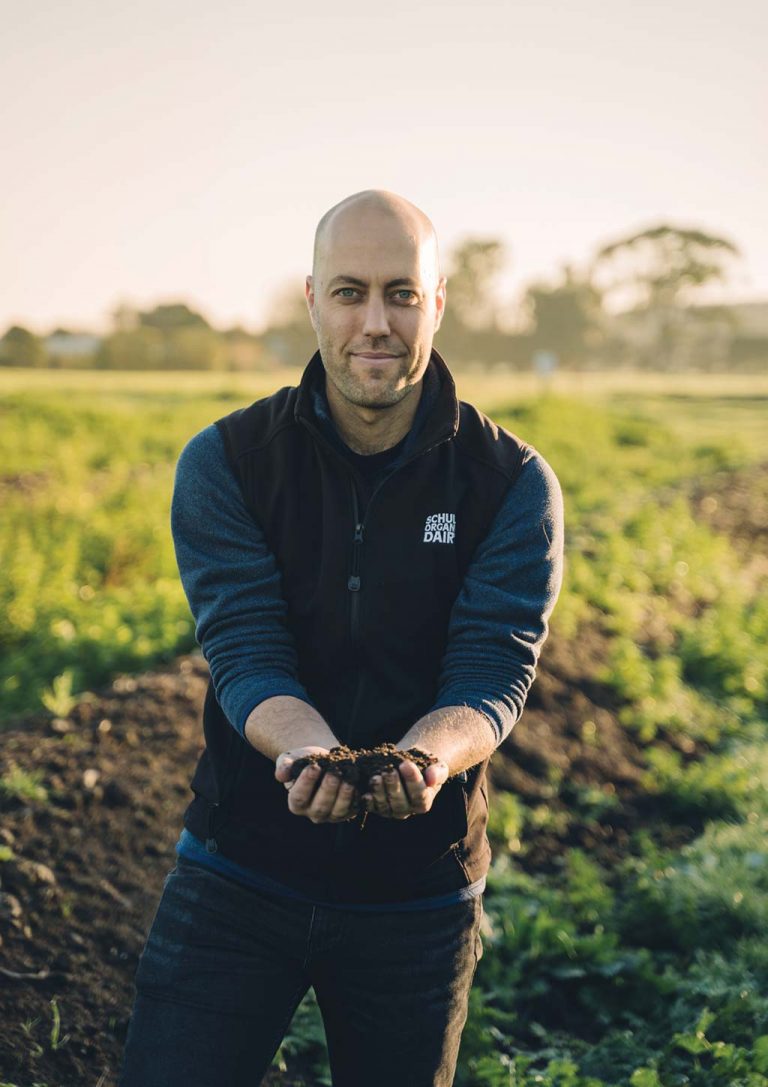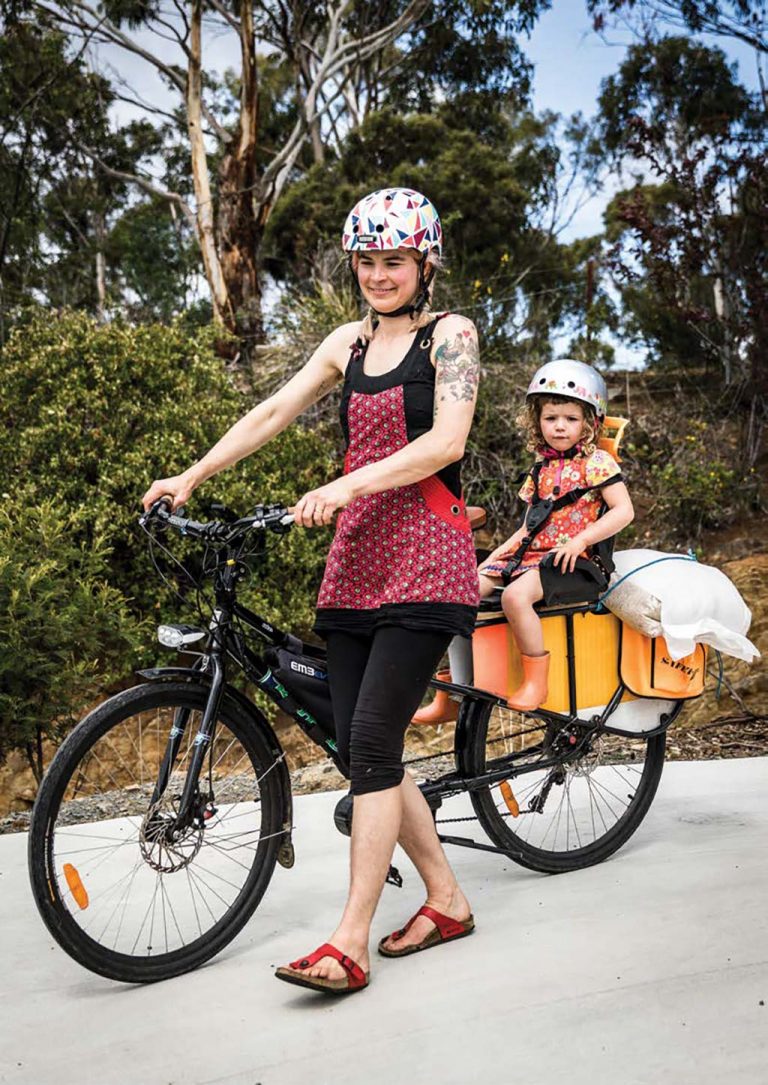Small-scale Farming – Fare Share
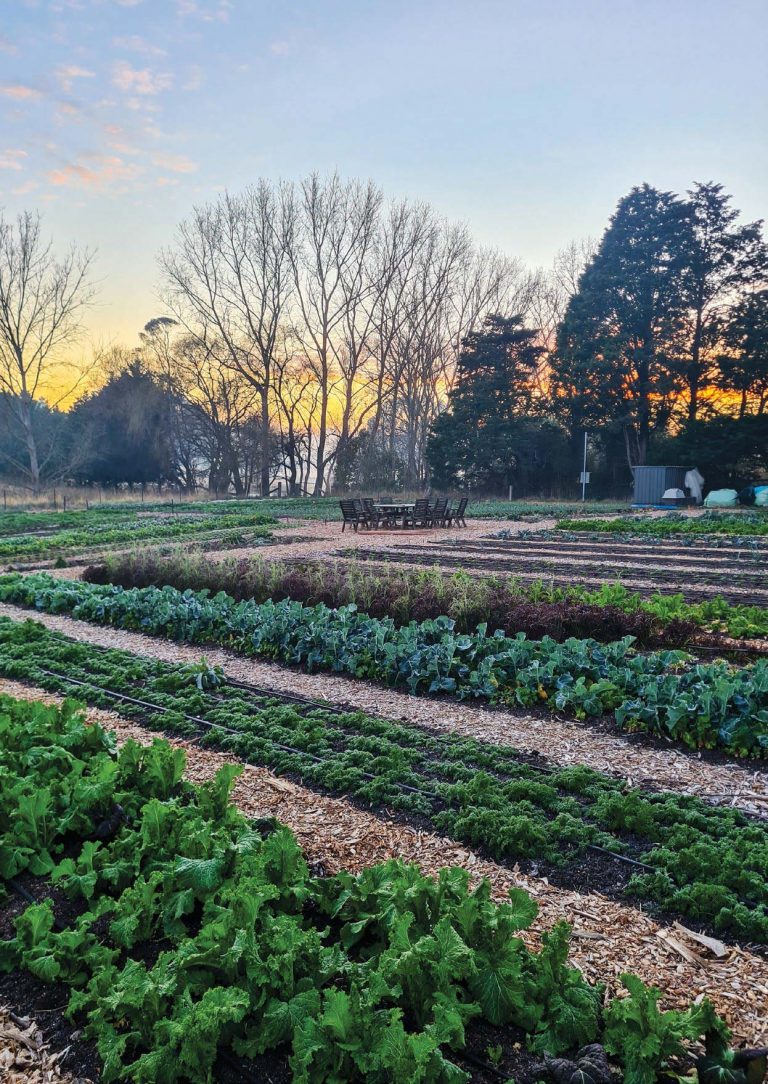
With just enough money to pay for compost and mulch, plus a generous donation of land, Justin Hartley established the thriving and popular Duck Foot Farm: the first notill, small-scale and land-share farm in the Southern Highlands in New South Wales.
The importance of soil biology and health has become more apparent in recent times, partly perhaps spearheaded by books such as Matthew Evans’ Soil and Charles Massey’s Call of the Reed Warbler and, of course, a flourishing community of passionate permaculturalists across the globe. After centuries of using aggressive agricultural techniques that heavily cultivate land, many contemporary farmers are simplifying their farming methods by using no-till, no-dig or regenerative agriculture to inspire more environmentally friendly and sustainable farming practices. It could spell the end of depleting soil health, spraying chemicals and poisoning waterways.

